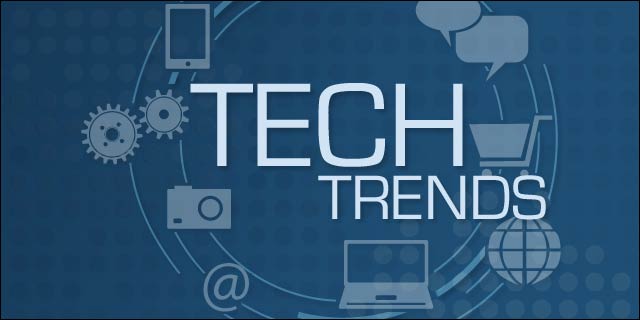Legal Implications of Artificial Intelligence and Machine Learning | JP
Artificial Intelligence (AI) and Machine Learning (ML) have emerge as important additives of contemporary generation, revolutionizing numerous industries. However, on the same time as the ones improvements provide numerous blessings, there also are significant legal implications that ought to be considered. In this blog put up, we’re able to delve into the jail traumatic conditions posed by using manner of the usage of AI and ML, starting from information privacy problems to intellectual assets rights.
Understanding AI and ML
Artificial Intelligence refers to the simulation of human intelligence strategies via machines, on the identical time as Machine Learning is a subset of AI that permits machines to analyze from statistics without being explicitly programmed. These era are being applied in diverse programs, from virtual assistants to self sufficient automobiles, remodeling the way groups characteristic.
Legal Challenges Posed through manner of manner of AI and ML
Data Privacy Concerns
One of the number one crook implications of AI and ML is the issue of records privacy. As those era depend carefully on collecting and reading big portions of statistics, there can be a chance of infringing on human beings’ privacy rights. Companies need to make sure compliance with statistics protection policies which includes the General Data Protection Regulation (GDPR) to shield touchy information.
Liability Issues
Another key problem is the hassle of legal duty in instances in which AI structures make errors or reason damage. Determining duty for AI-related incidents may be complicated, as conventional prison frameworks won’t very well cope with the specific demanding situations posed via impartial structures. Clear tips are had to set up responsibility and make certain truthful reimbursement for damages.
Intellectual Property Rights
AI and ML technology boom questions regarding intellectual assets rights, specially in instances in which algorithms generate new improvements independently. Protecting highbrow property in AI creations requires a nuanced approach to navigating patent, copyright, and trade thriller criminal guidelines. Balancing innovation with felony safety is important for fostering a aggressive and sustainable AI environment.
Regulatory Compliance
Ensuring regulatory compliance is a paramount issue for organizations deploying AI and ML structures. Compliance requirements range in the course of industries and jurisdictions, making it essential for groups to stay knowledgeable about evolving jail frameworks. Proactively addressing regulatory demanding situations can mitigate dangers and enhance the trustworthiness of AI applications.
Conclusion
In end, the prison implications of Artificial Intelligence and Machine Learning are multidimensional and complicated. Addressing data privateness issues, felony responsibility troubles, highbrow assets rights, and regulatory compliance is vital for fostering responsible AI innovation. By navigating those criminal traumatic situations efficiently, groups can harness the transformative capability of AI and ML even as upholding ethical necessities and criminal duties.

